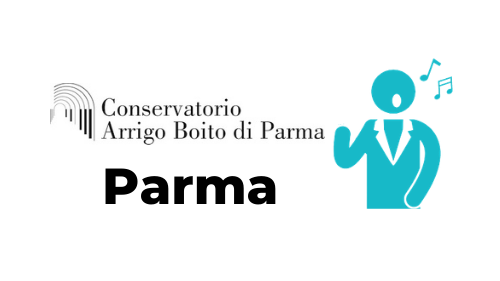![]()
Period of the EOA module in 2024 – 2025:
- 2nd of September-2nd of November 2024 (possible extension to 19/1 2024 for a full term )
- Open for: 1-3 vocal students
Explore the connections between language, music, acting and movement through scenes from Italian Opera and recitative. You will work with language, musical performance, acting, vocal skills and stage movement in parallel, often with several teachers cooperating in the same session. The module will contain:
- Investigation of the influence of language on stage thought, action and performance
- vocal coaching and musical preparation of opera scenes in original language, individually and in group
- Practical role analysis and stage work
- Stage movement classes
- An intensive course focusing on the secco recitative. The course gives methods for preparation, musically and language-wise, as well as methods for achieving spontaneity and meaning in the performance of recitative through improvisational methods
- Performing arias and select ensembles in a concert with orchestra
- Performing opera scenes with piano in our studio theatre
The repertoire is selected to suit the students in the course. The repertoire will be discussed and decided in June 2024.
Name(s) of the professor(s) of this module
- Patrik Sörling, stage director, assistant professor of stage movement
- Giuseppina Penta, language coach, senior lecturer of Italian lyric diction
- Christine Morgan, assistant professor of musical interpretation
- 120 hours
13,5- 30 ECTS
Possible extra’s beside the module:
- Seminars on opera as an artform and the opera singer’s profession with invited guests from the professional field
- Seminars on performance psychology for singers
Entrance examination:
We choose our EOA-students via recorded material. With the application we need recordings of sound and video.
Formats:
Sound: Wav or AIFF. Video: Mov or mp4
Description of the final Examination:
Students are examined through the performance of the Italian opera scenes, a concert with orchestra and through a reflective seminar.
Teaching language/ Required level of language:
Communication language: EN, level 5
Total expenses of the EOA module per student and what is included / excluded in this price:
- There are no tuition fees for EU/EES citizens

